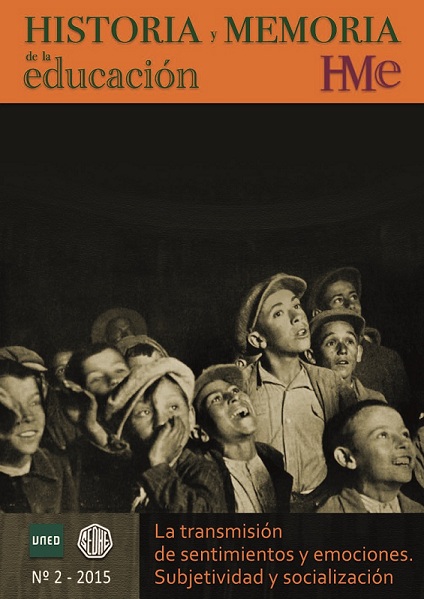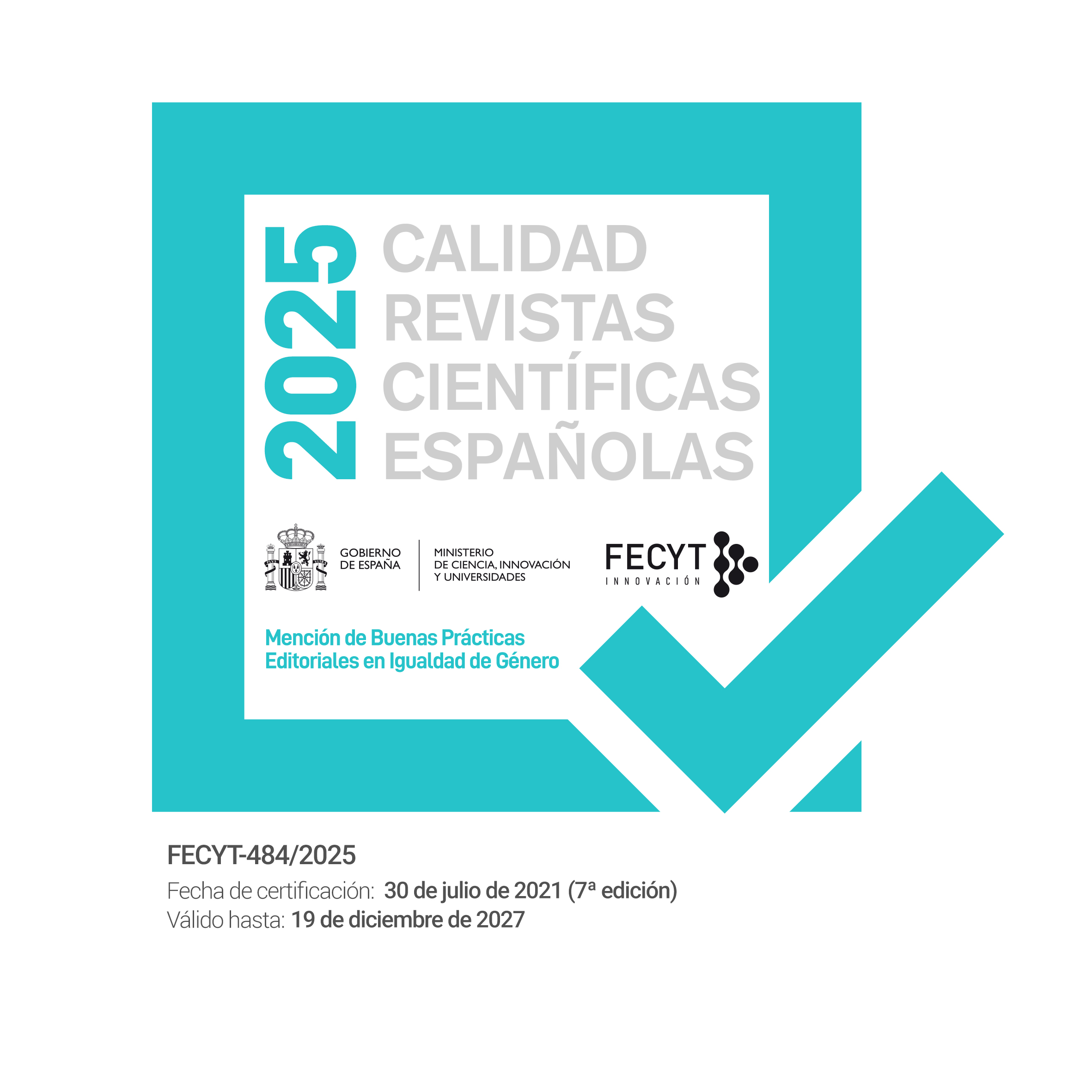“Happy Home” and “Happy Land:” Informal Emotional Education in British Bands of Hope, 1880-1914
DOI:
https://doi.org/10.5944/hme.2.2015.14236Keywords:
Britain, Informal education, Emotional conditioning, Band of Hope, YouthAbstract
The Band of Hope was an influential multi-denominational, mainly working-class national temperance movement in Britain, which at its peak, around 1914, attracted over three million boys and girls. This article examines the strategies of emotional conditioning that were a part of the Band of Hope’s mode of informal education, through an analysis of its stories, songs and organized meetings. The specific focus targets the part played by education (outside of school) in the cultural formation of (manly) men from boys, and the extent to which there was a consensus on the meaning of being «manly», and on emotional appropriateness, both inwardly (inspiring action or abstinence) and outwardly (influencing conduct or demonstrating restraint). The Band of Hope’s style of informal education instructed children in «proper» emotional responses and in appropriate behaviour at home, within their families, in school and at work. This instruction was essentially a lesson in citizenship, part of a broad program of political socialization. It emphasized male moral duties, in the home and in the wider world, over and above imperial adventure. Importantly, it also emphasised hope. This article therefore argues that moral education was viewed essentially as an emotional upbringing or maturation, through which children were encouraged to discover true fulfilment, happiness and pride in doing their duty toward their families, communities and the nation.
Downloads
Downloads
Published
How to Cite
Issue
Section
License
Authors who publish in Historia y Memoria de la Educación agree to the following terms:
- Authors retain copyright and grant the journal right of first publication with the work simultaneously licensed under a Creative Commons Attribution-NonCommercial 4.0 International that allows others to share the work with an acknowledgement of the work's authorship and initial publication in this journal.
- Authors are able to enter into separate, additional contractual arrangements for the non-exclusive distribution of the journal's published version of the work (e.g., post it to an institutional repository or publish it in a book), with an acknowledgement of its initial publication in this journal.
- Authors are permitted and encouraged to post their work online (e.g., in institutional repositories or on their website) prior to and during the submission process, as it can lead to productive exchanges, as well as earlier and greater citation of published work (See The Effect of Open Access).












